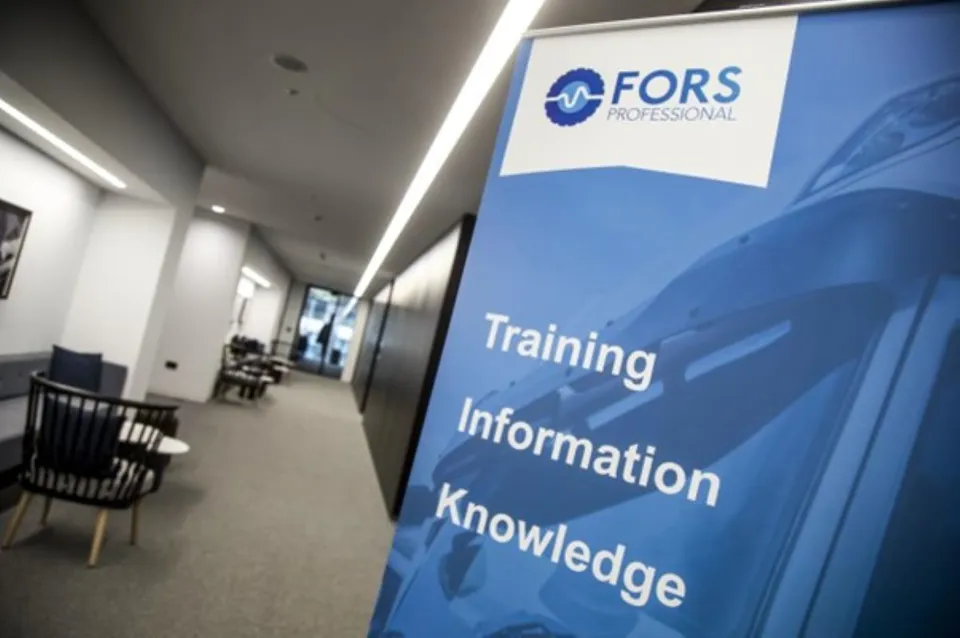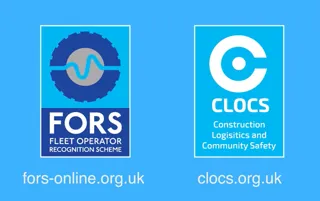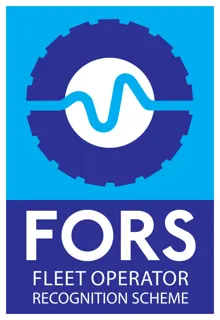FORS, the Fleet Operator Recognition Scheme, has launched a new, updated version of its FORS Practitioner training programme designed specifically for fleet decision-makers.
Now comprising of 15 modules, the introduction of five additional modules allows participants to adopt a more flexible route towards achieving FORS Practitioner status, with the programme also offering more career-specific content, it said.
The revamped FORS Practitioner programme is now available to book online, with all courses commencing in April.
Course participants are still required to undertake a total of ten FORS Practitioner modules, including six mandatory components from the pre-existing prospectus.
Then, a choice from any of the remaining modules – including the new five modules – will see participants ‘graduate’ as a FORS Practitioner with a knowledge-set specific to their own career and workplace.
The additional five modules have been carefully devised to reflect modern fleet management awareness and include: managing driver fatigue risk; managing drivers’ hours; managing abnormal indivisible loads; introduction to fleet auditing; and road traffic collision investigation.
From the pre-existing ten modules candidates must undertake six on a mandatory basis. They include: managing work related road risk; managing driver fitness and health; managing driver training and development; collision procedures and analysis; vehicle serviceability and roadworthiness; and fuel efficiency and low emissions.
To date, over 3,200 individuals have graduated from the FORS Practitioner programme.
“We’ve listened to FORS Accredited Operators and have created a world-class training programme for fleet management professionals,” said FORS concession director, Ian Henderson.
“We’ve taken the opportunity to update existing content, while the additional modules and revised graduation pathways offer a tailored training package to suit individual workplace requirements.
“The new FORS Practitioner programme is the result of listening to our FORS accredited operators,” added Henderson, “with the feedback gathered over the last 12 months, we’re confident we’ve developed a complete training programme that covers all the bases regardless of the size and make-up of the transport operation.”























Login to comment
Comments
No comments have been made yet.